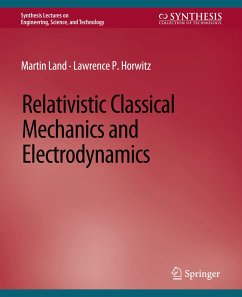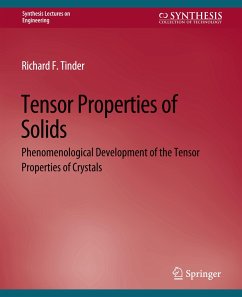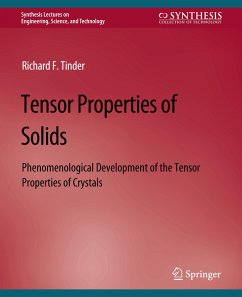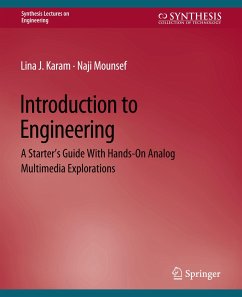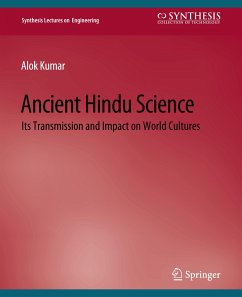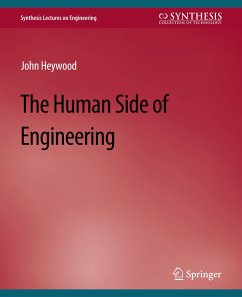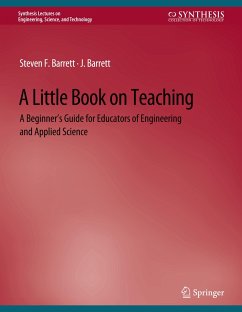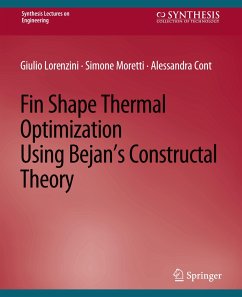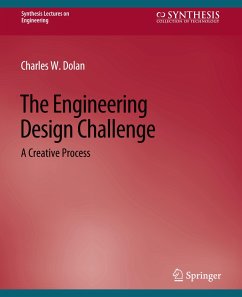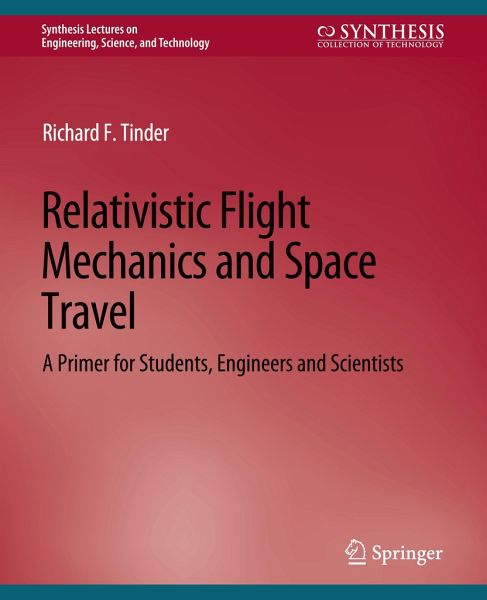
Relativistic Flight Mechanics and Space Travel

PAYBACK Punkte
0 °P sammeln!
Relativistic Flight Mechanics and Space Travel is about the fascinating prospect of future human space travel. Its purpose is to demonstrate that such ventures may not be as difficult as one might believe and are certainly not impossible. The foundations for relativistic flight mechanics are provided in a clear and instructive manner by using well established principles which are used to explore space flight possibilities within and beyond our galaxy.The main substance of the book begins with a background review of Einstein's Special Theory of Relativity as it pertains to relativistic flight m...
Relativistic Flight Mechanics and Space Travel is about the fascinating prospect of future human space travel. Its purpose is to demonstrate that such ventures may not be as difficult as one might believe and are certainly not impossible. The foundations for relativistic flight mechanics are provided in a clear and instructive manner by using well established principles which are used to explore space flight possibilities within and beyond our galaxy.The main substance of the book begins with a background review of Einstein's Special Theory of Relativity as it pertains to relativistic flight mechanics and space travel. The book explores the dynamics and kinematics of relativistic space flight from the point of view of the astronauts in the spacecraft and compares these with those observed by earth's scientists and engineers-differences that are quite surprising.A quasi historical treatment leads quite naturally into the central subject areas of the book where attention is focusedon various issues not ordinarily covered by such treatment. To accomplish this, numerous simple thought experiments are used to bring rather complicated subject matter down to a level easily understood by most readers with an engineering or science background. The primary subjects regarding photon rocketry and space travel are covered in some depth and include a flight plan together with numerous calculations represented in graphical form. A geometric treatment of relativistic effects by using Minkowski diagrams is included for completeness. The book concludes with brief discussions of other prospective, even exotic, transport systems for relativistic space travel. A glossary and simple end-of-chapter problems with answers enhance the learning process.



